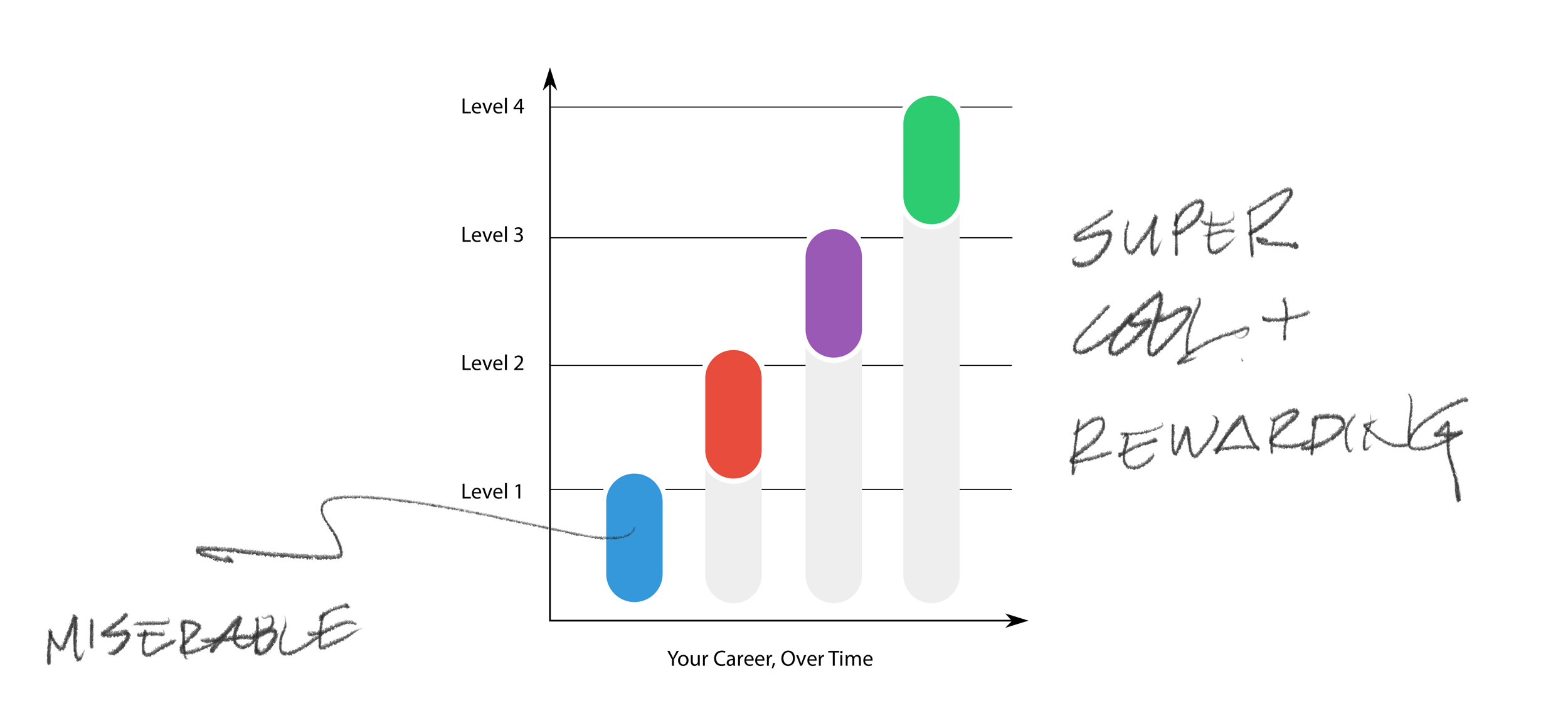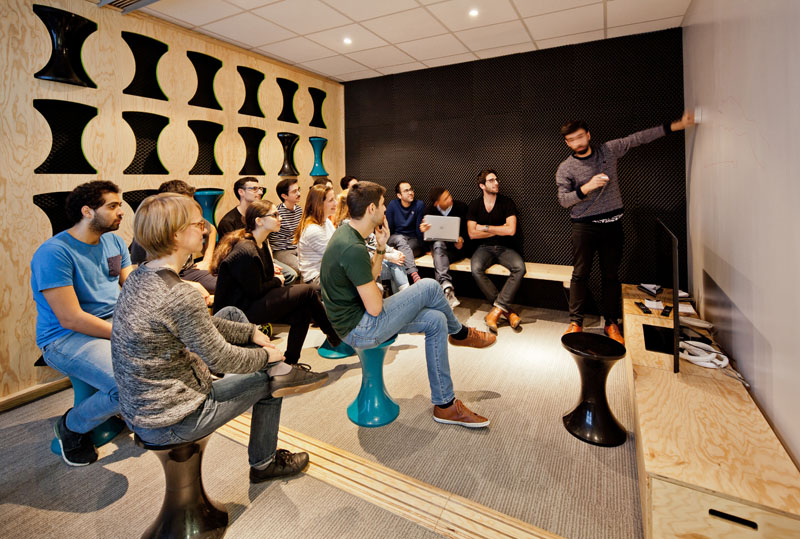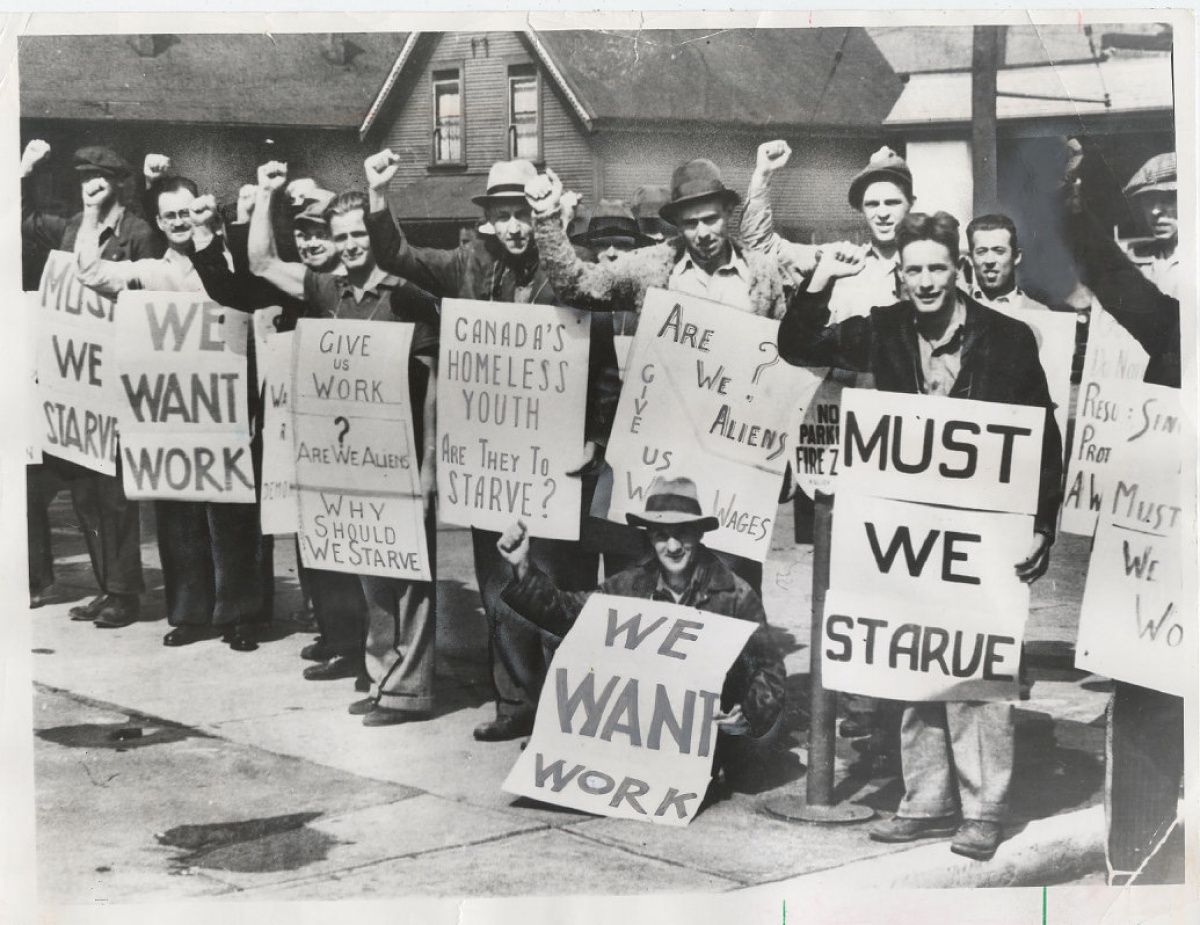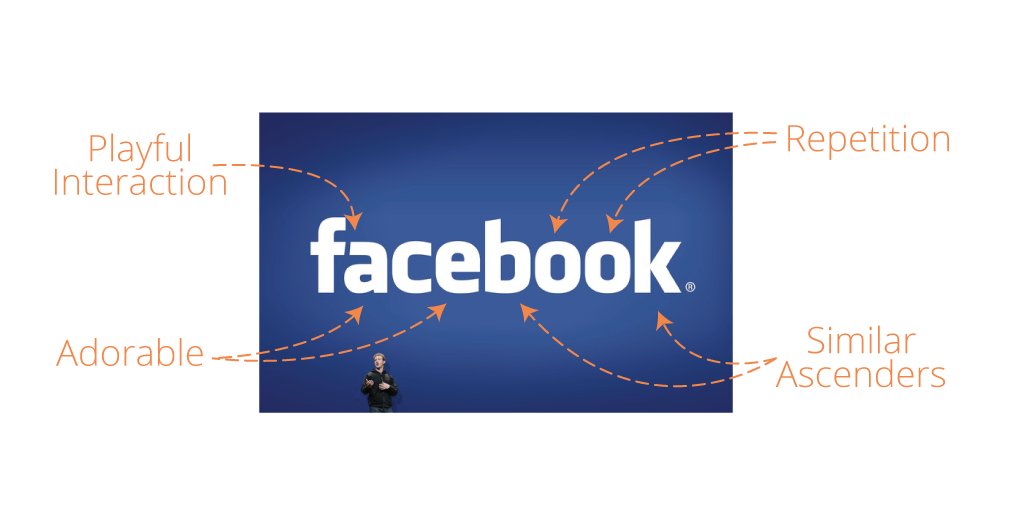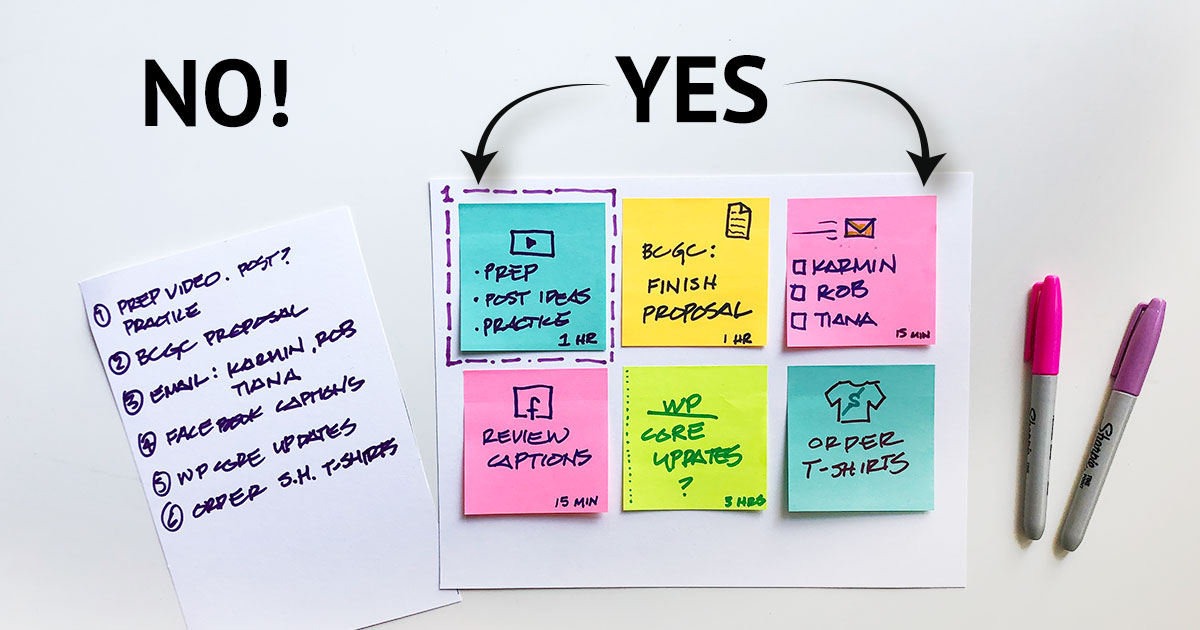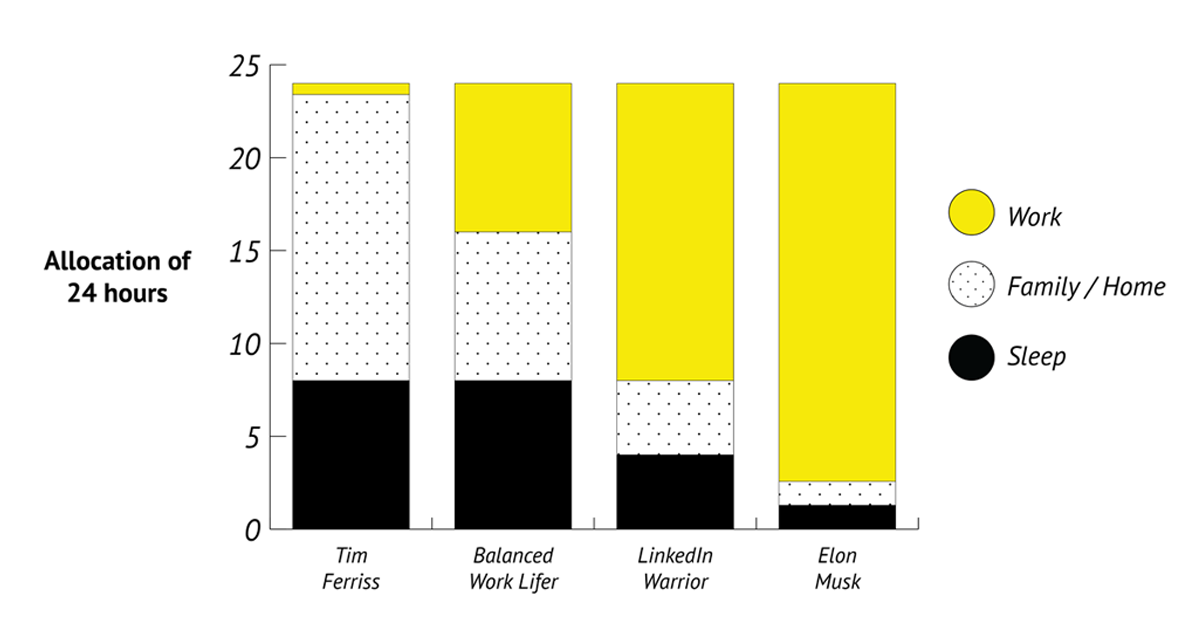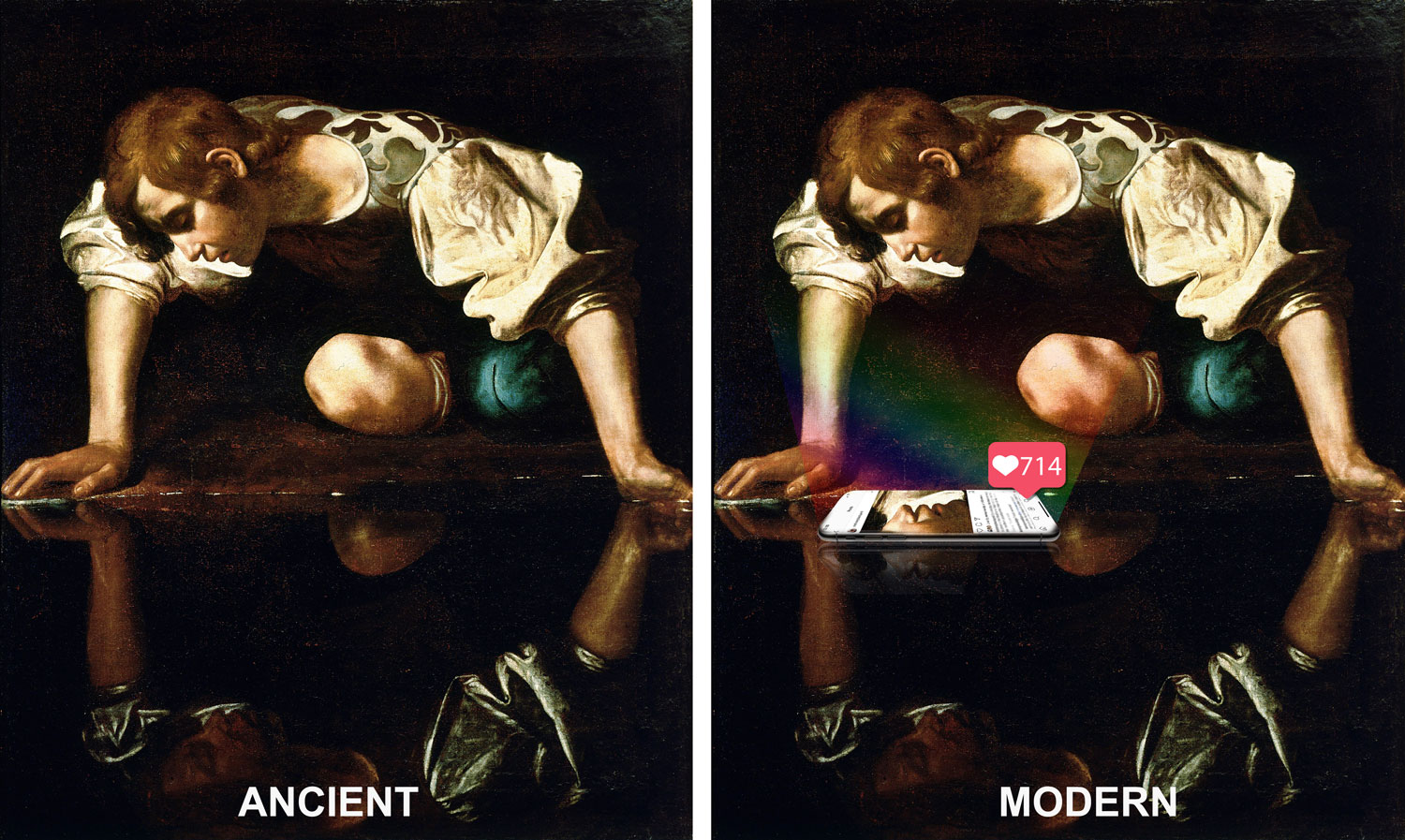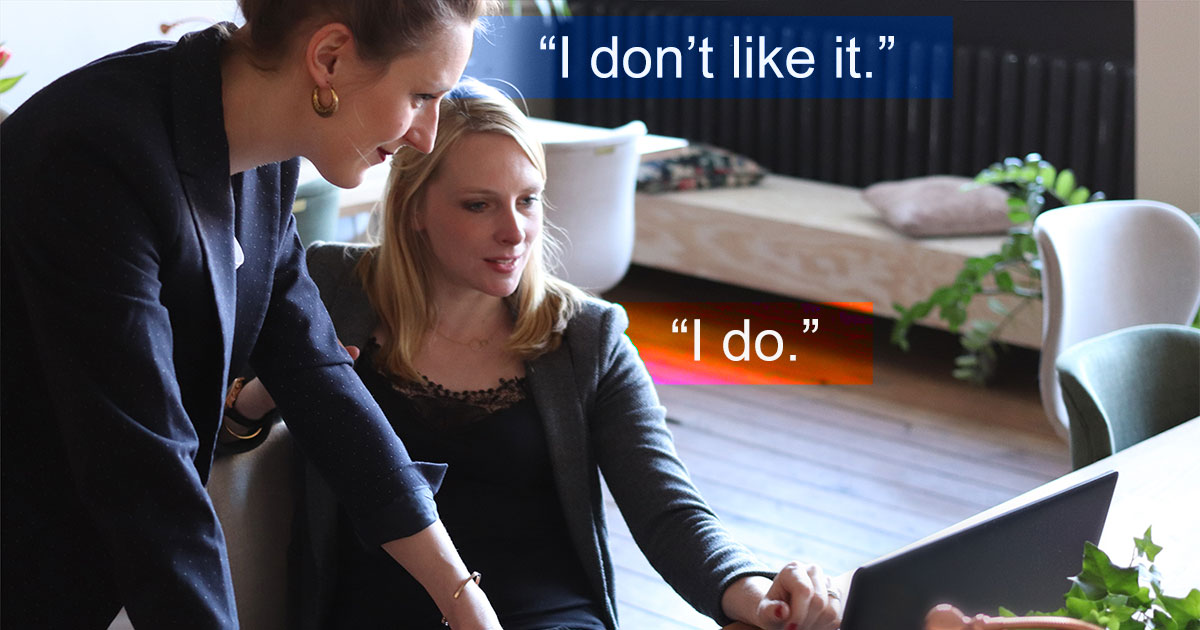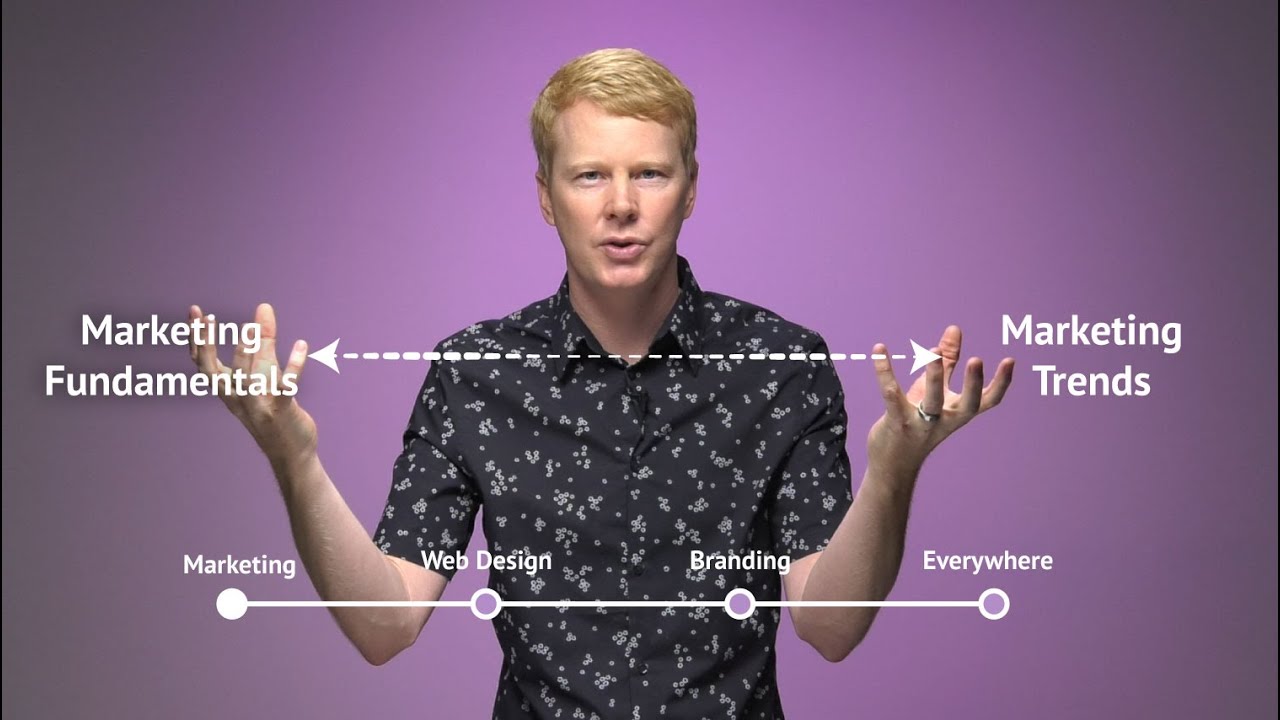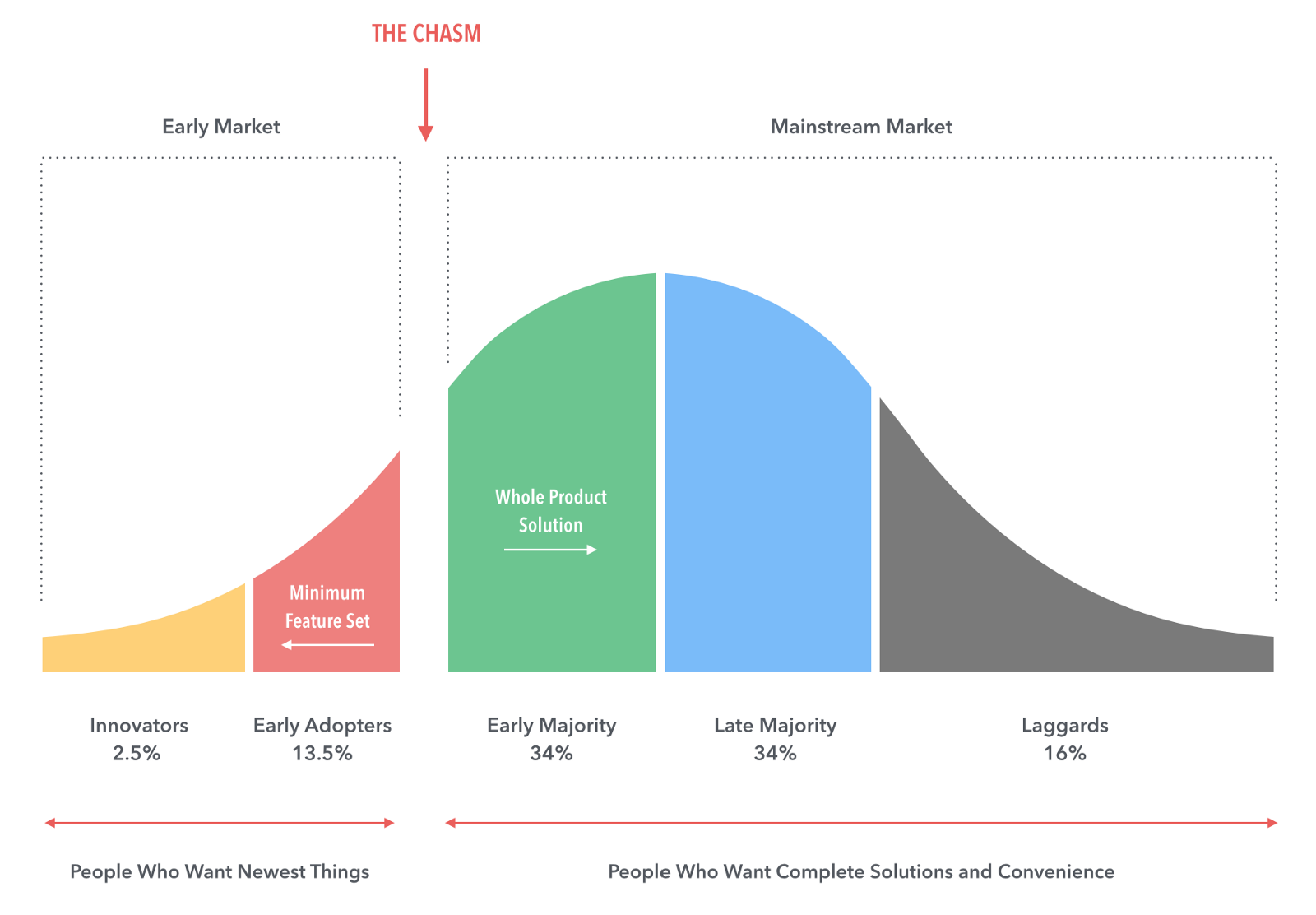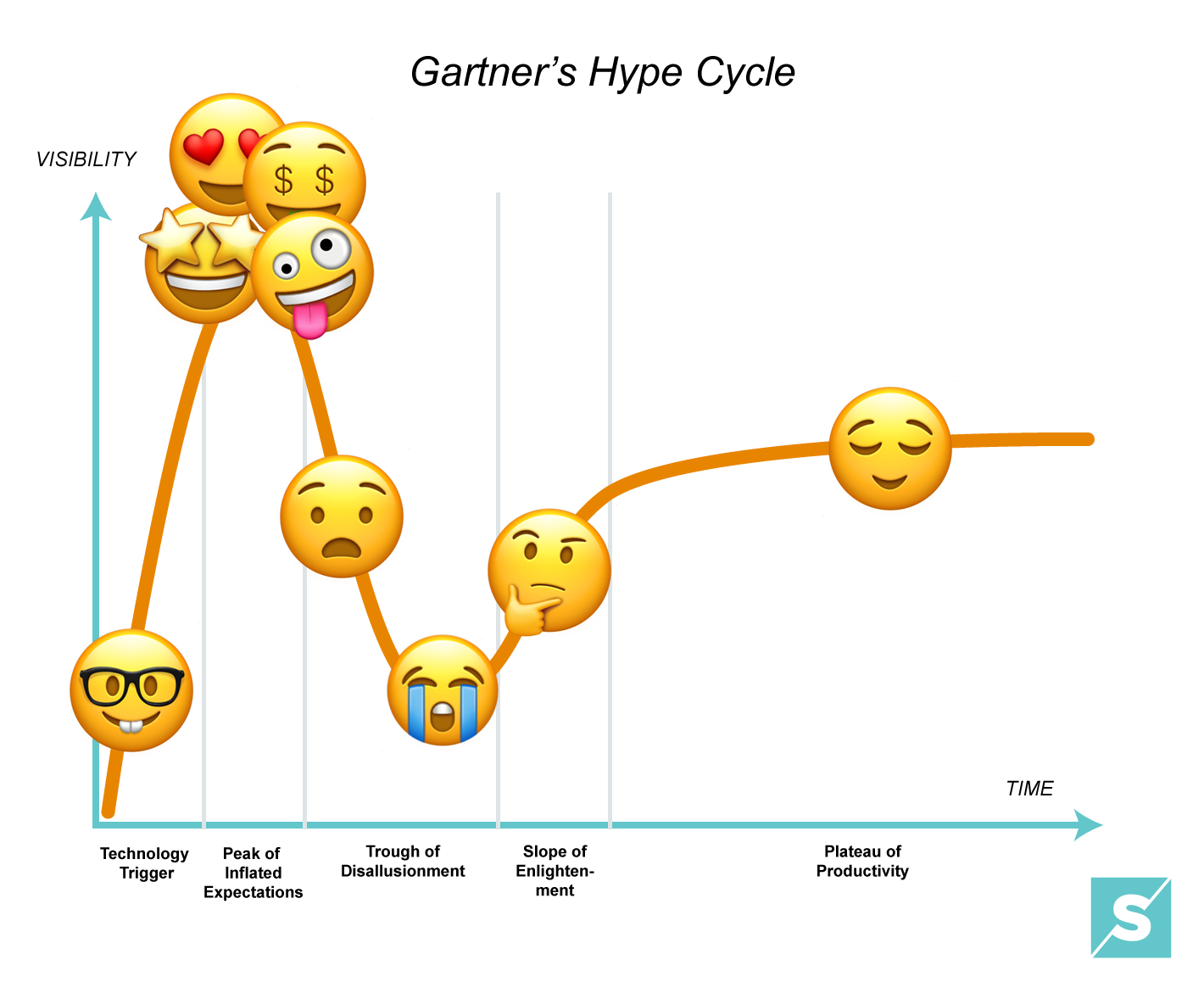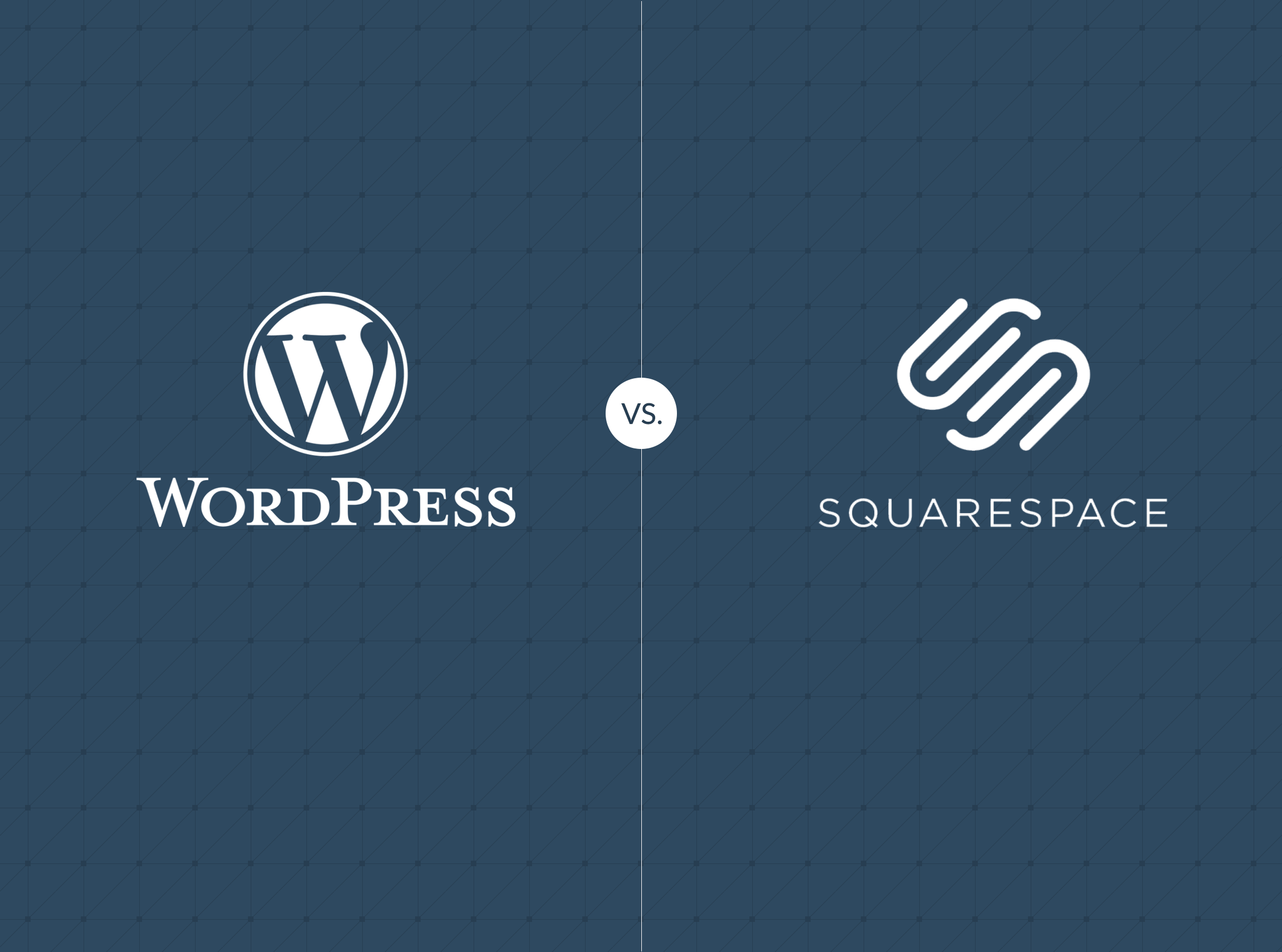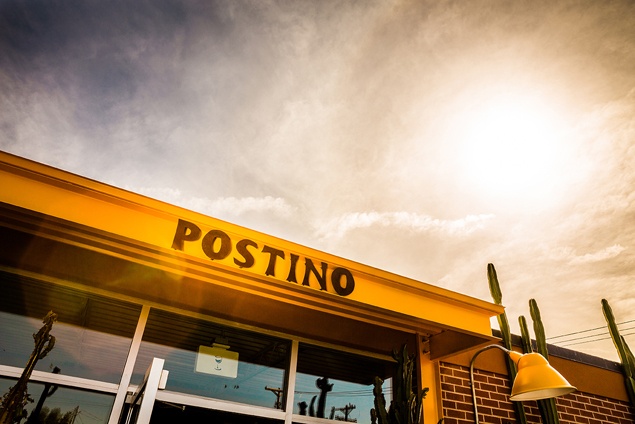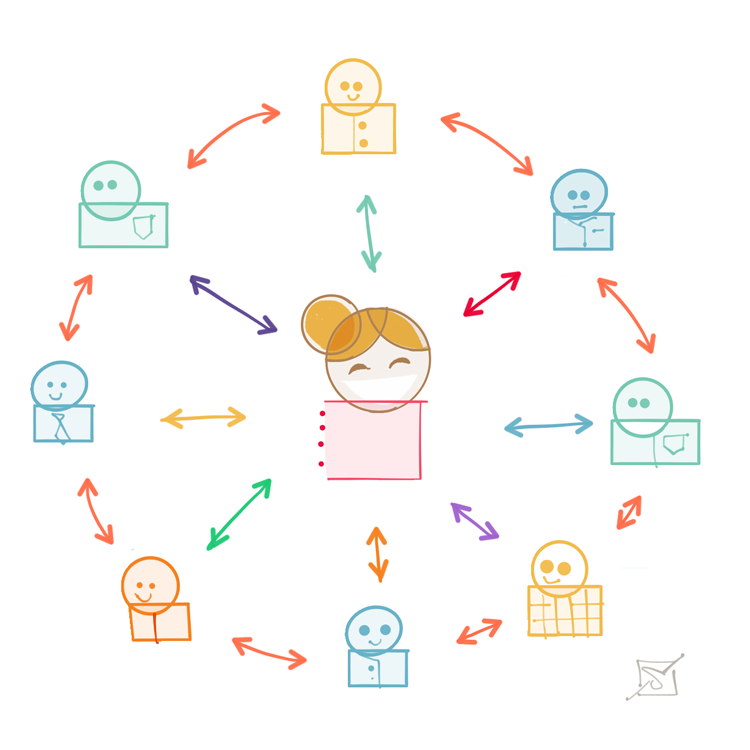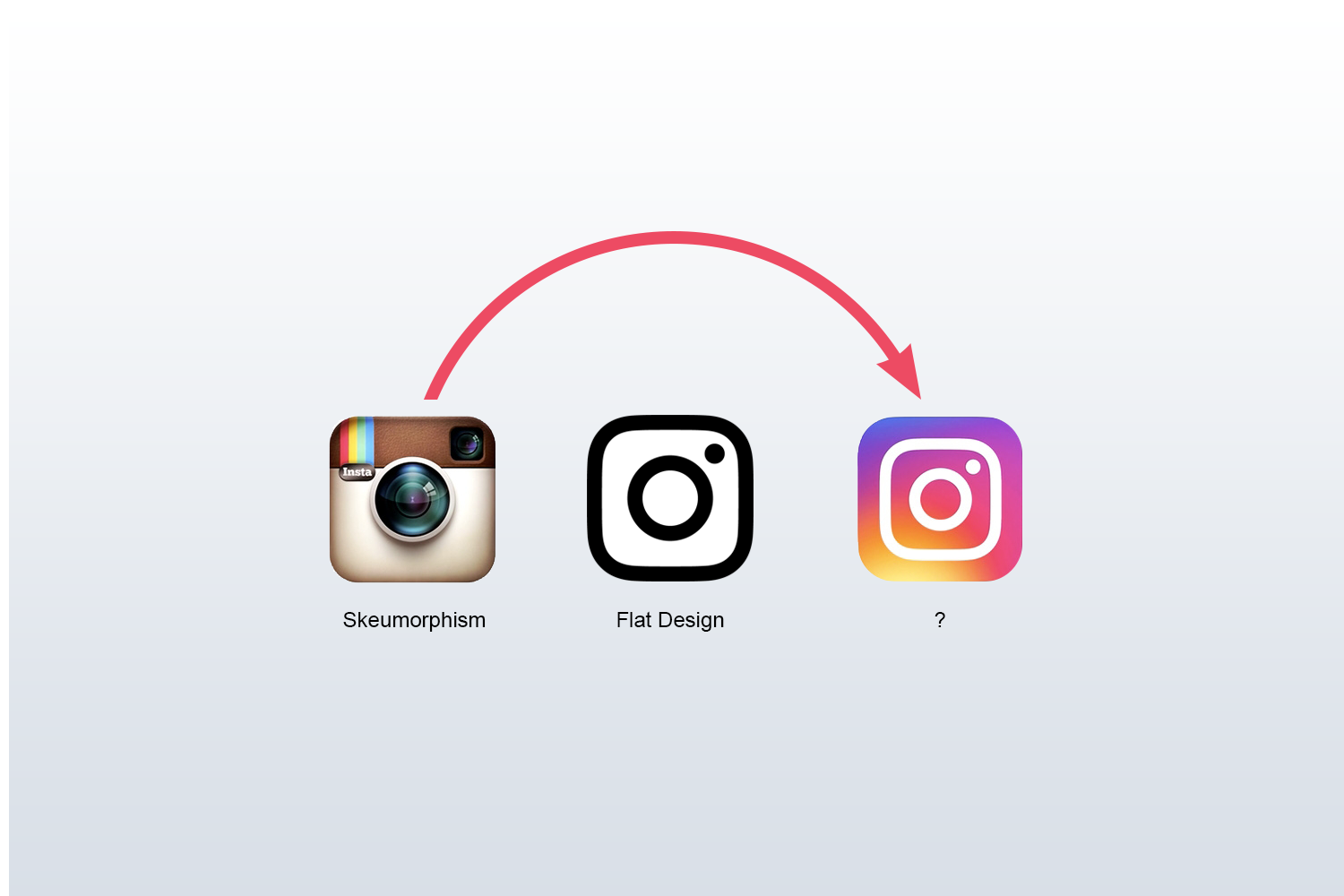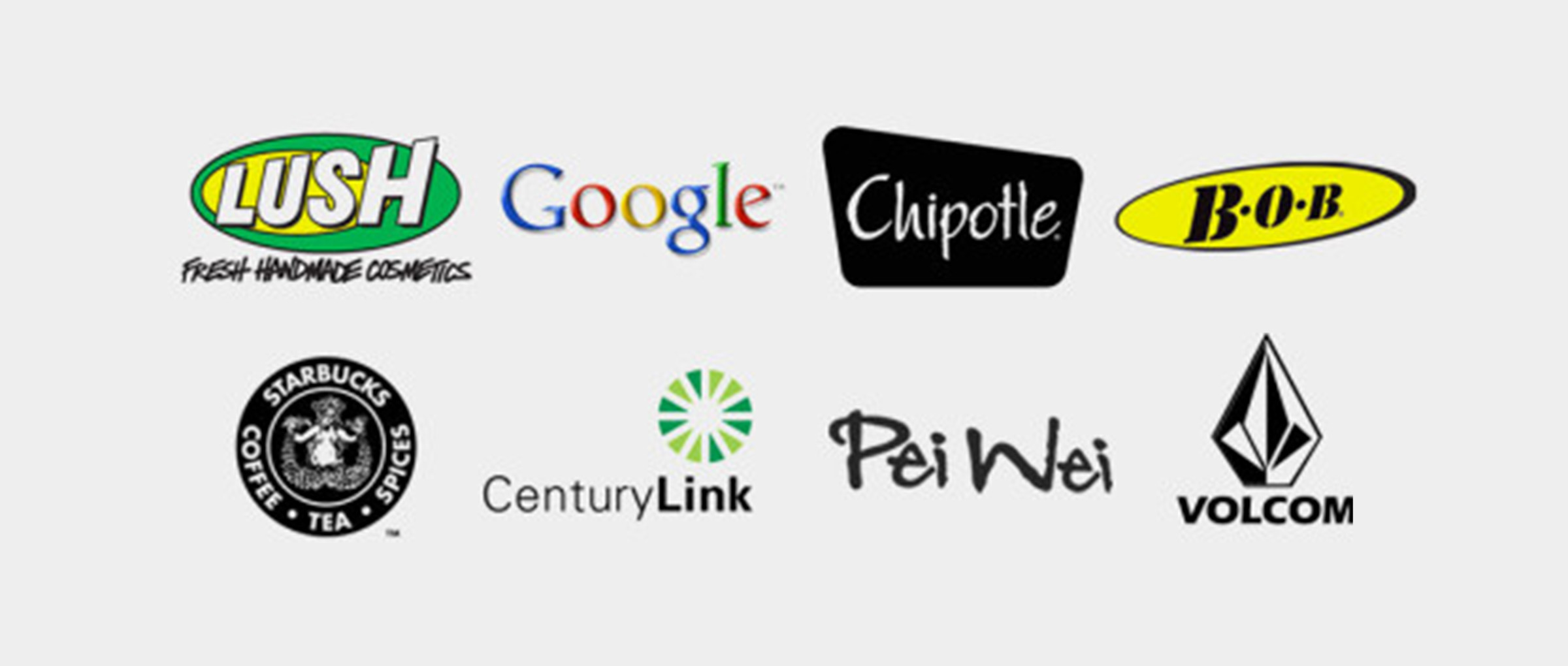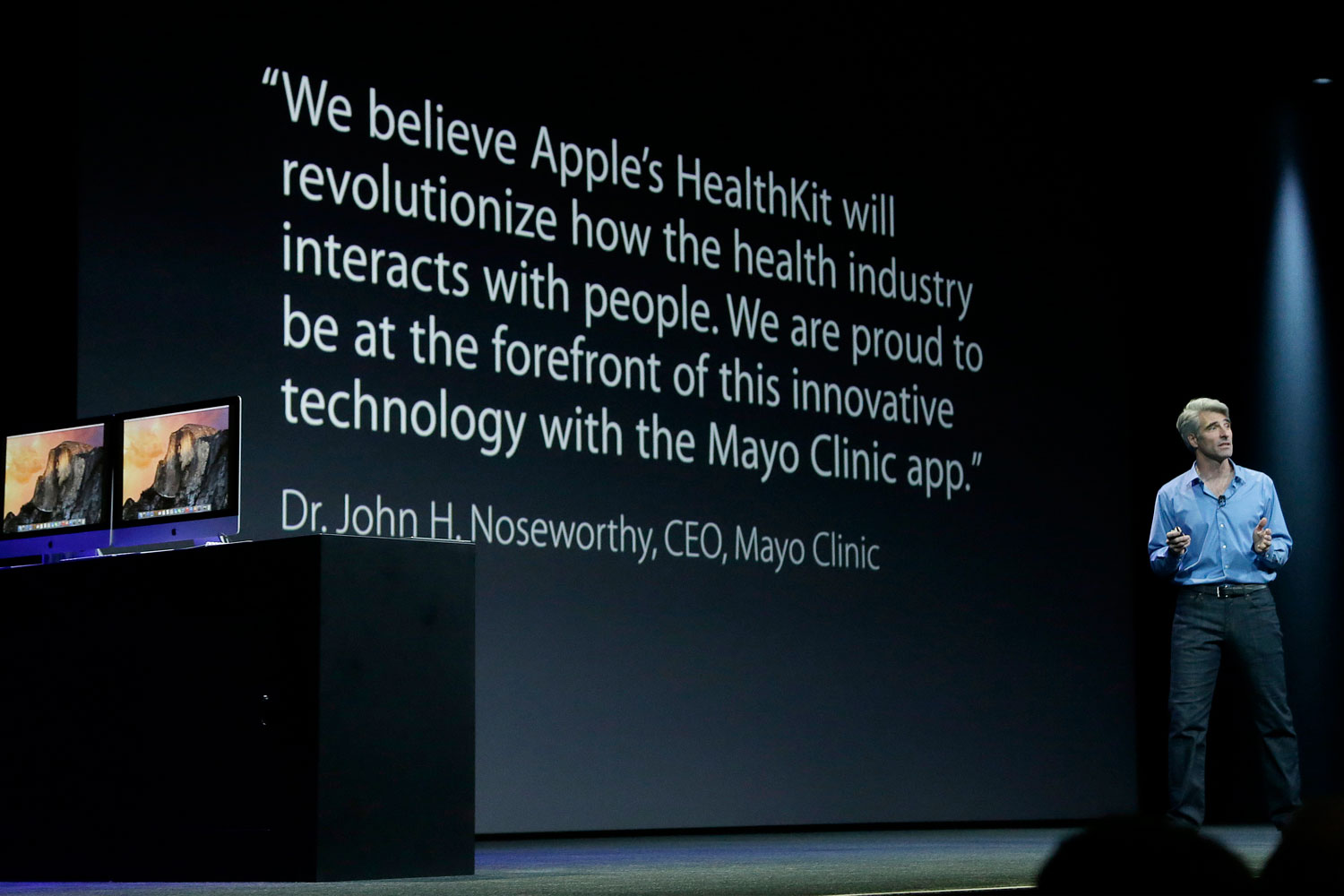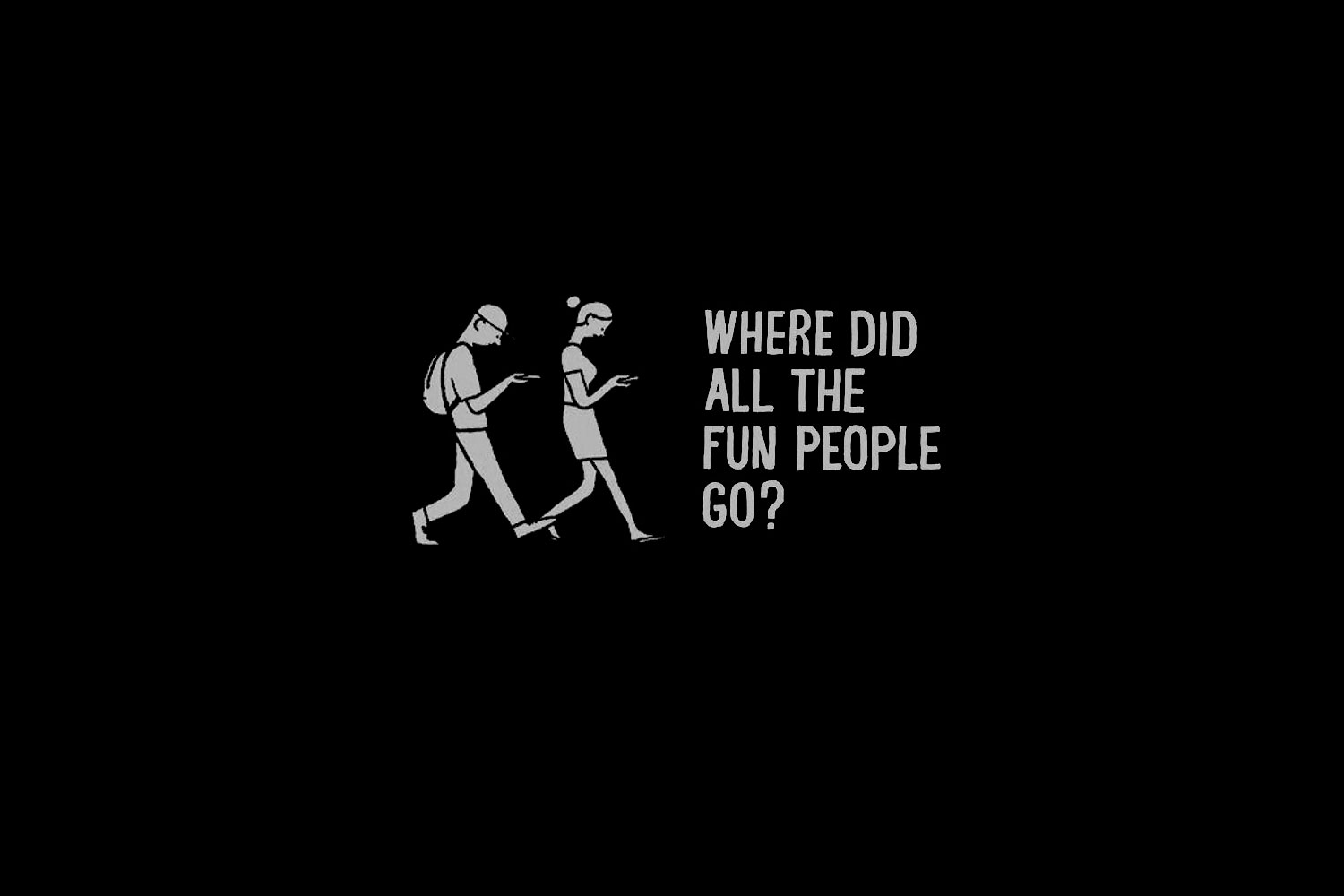You probably want to discredit me, because this goes against every success story that you've ever heard. It even contradicts the urgency in your heart: "I have to do this now! Now is my chance!" (Queue up Eminem: Lose Yourself.)

Some of this urgency is valid. Starting a new venture should feel important. It should make you spring out of bed in the morning.
However, other kinds of urgency is artificial. You feel that if you don't do this now, someone will sweep in and do it before you. You'll be left behind with a life full of regret. "Why didn't I move sooner?" I'll touch more on this later.
Other kinds of urgency have been institutionalized through the decades in business textbooks, but I don't agree with it anymore. Specifically, the "First-Mover Advantage," which emphasizes that when you open up shop first, things work out better for you. This strategy has hung around for so long, largely because it is convenient to point to today's successful companies and then, armed with hindsight bias, explain that they are winners today because they got a head start yesterday.
However, I want to argue that the "First-Mover Advantage" is diminishing with every year that passes. It's actually HARD to find a successful company today who won because they moved first. Let me give some examples.

Consider these success stories:
- Google was not a first-mover. Yahoo was the preferred search engine for years.
- Facebook was not a first-mover. MySpace got there first, and they had even established credibility with entertainers and rising stars. Before MySpace were many iterations of online social networks, all of which fizzled out. (Friendster, Habo Hotel)
- Instagram wasn’t first. Flickr was a preferred platform for photographers for almost a decade.
- Facebook Messenger is a Top 5 app in the world. Yet, the idea of messaging friends through the web has been here since basically the beginning. ICQ was successful shortly after they launched in 1996. AOL followed with AIM in 1997. More came after, and almost all of those messengers closed down before the iPhone debuted in 2005.
And, at best, being the First-Mover Advantage barely explains the success of companies that got an early start:
- Amazon
- YouTube
Amazon may be our oldest ecommerce website. They are successful for a million reasons, none of which we totally understand. But they have ultimately delivered on what "online shopping" was always supposed to be: cheap, good variety, and with quick delivery.
What about YouTube, weren't they first? Yes. But lest we forget, YouTube gave people a chance to instantly stream their favorite music videos, TV shows, and movie clips when the Old Guard of Entertainment was still obsessed with royalties and the contracts that they had with each other.
A New Day, New Rules
The Motley Fool investment group has unconventional criteria that they consider before investing in the stock of a publicly traded company. One criterion is that the company seems to be playing by a different set of rules than their competitors.
YouTube is an easy example. The world was changing, and the entertainment companies had no idea how to change with it. So YouTube showed them that people want streaming entertainment 15 years before anyone else was ready.
Another example is Google in 2005, when they released Google Docs, a free online-only option for writing documents. You could type, update, save, and organize your documents without ever downloading the software. (Maybe Google Docs was the first real cloud-based app?) Meanwhile, most of the universe was content with Microsoft Word. And Microsoft was happy to sell it to them on expensive little CDs.
But Google didn't care. They made something cool, and they gave it away for free. They made it better every day because they could (no software updates!) Now here we are nearly 15 years later, and Google's little G-Suite has become a global force.
Bottom line? Sometimes it's better to start later when the rules are changing.

Hope for Entrepreneurs
I could go on forever on this topic, but this blog is getting long and I want to order some more coffee. So I'll finish like this...
Entrepreneurship is about solving people's problems. Whatever you make (a product) or whatever you do (a service), your success is dependent on solving people's problems. It's possible that your business should launch today to solve today's problems. It's also possible that your business is a better fit to solve a new, bigger problem that's just around the corner.
So don't be obsessed with timing. Stay focused, and stay alert to people's problems. Once you are ready to create a solution, move quickly.
PS. Apparently, you could have bought a big, awkward electric van from Chevy way way way back in 1991. Or you could have bought it earlier this year on Craigslist for under $5k.










